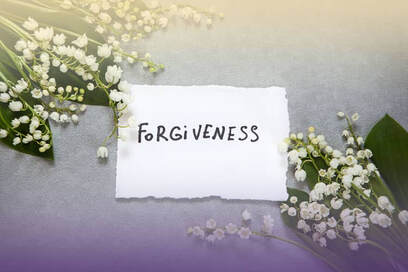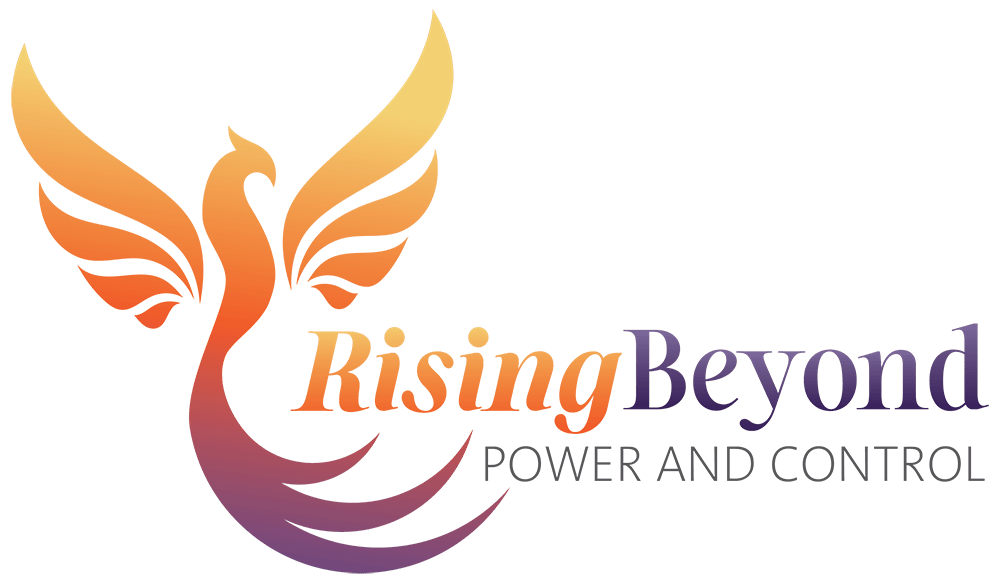 "If someone in your life has a pattern of playing the victim, it may feel confusing and frustrating. You’re not alone and there are ways you can cope." In the article, How People with Narcissistic Personality Disorder (NPD) Play the Victim for PsychCentral, Sybil Cummin, MA, LPC, ACS and other experts weigh in on the patterns individuals with NPD display when playing the victim and how we can respond. What is the "victim mentality" and why do individuals with NPD like to exist in this space? What are the best, proven ways to interact with someone in this state of mind? Read the full article here.
0 Comments
By Sybil Cummin, MA, LPC  As I sit with my female clients day after day, a common theme emerges. Right now, they are extremely angry and that makes them extremely uncomfortable. It is probably helpful to mention that all my female adult clients are victims and survivors of domestic violence and narcissistic abuse. Maybe that makes more sense to you now. That they are angry at the abuse they have endured and maybe that they are angry at themselves for allowing the abuse to happen. You are not wrong. Many are angry for exactly these reasons. But they haven’t always been angry. It wasn’t safe for them to be angry. So, what has changed? Similar to the grief process when someone you have loved has died, anger is a stage in a larger process of healing. These women are also grieving, but they are grieving the loss of a person and a relationship that was not real. They are grieving the promise that was made to them over and over again as a way to keep control of them. Some are grieving the loss of the years they spent trapped, and some are grieving the loss of their identity completely.  Leaving a relationship with someone with Narcissistic Personality Disorder (NPD) can be incredibly difficult and confusing. But there are reasons it's so hard. "Perhaps you've noticed that the abuse isn't "on" all the time. As a result, you may be wondering whether you should stay or go. To add to the confusion, you may not know if your circumstances even qualify as abuse. If this is striking a chord for you, know you are not alone. There are others out there who have been through this, too, and support is available for you." In the PsychCentral article, How to Leave an Abusive Relationship with Someone with NPD, Sybil Cummin, MA, LPC, ACS and other experts in the field of domestic violence and narcissistic abuse weigh in on why this is so difficult, and what victims can do about it. Read the full article here.  "There are a lot of beliefs about the importance of forgiveness out there. I am not here to debate those beliefs or to say what is true or not true. What I would like to share is what I have seen to be important for survivors to truly heal from their experiences with abuse over the last decade, and that is the importance of self-forgiveness. The levels of shame are extremely high with most victims of relational trauma. Survivors of sexual abuse, child abuse, and domestic violence share this in common. Shame permeates these survivors to their core, and when these ideas have been yelled at you over and over by the person who is supposed to love you more than anyone, it can feel cemented and permanent. This feeling of permanency of shame is just that, a feeling...not truth. Shame can decrease and dissipate over time with intention. And how can one take control over the timeline of this process? By practicing self-forgiveness." In her article for bizcatalyst360.com, Sybil Cummin, MA, LPC, ACS discusses the inverse relationship between shame and self-forgiveness. As you offer yourself more compassion and self-forgiveness, your levels of shame decrease. Read the full article here.  "If what is being mirrored back to you is a person worthy of love and respect, a reflection of your strengths and your greatness, you will likely agree and walk with your head held high. Ready to take on the world. If the people around you are reflecting something different, maybe it’s time to change who is around you. Sounds easy. But what if the people you have around you say that they love you and that they will take care of you, but the reflection does not match? If you believe that you are unworthy and are broken based on what you see in the people around you every day, the idea of leaving and finding your new village of people where your greatness will be reflected seems impossible. In fact, you probably will take on the reflections you receive back to you as truth. That you are unworthy. That you are broken." In her article for bizcatalyst360.com, Sybil Cummin, MA, LPC, ACS, discusses the importance of surrounding yourself with a genuinely supportive inner circle -- people who will reflect and validate the best version of you -- when healing from a relationship of domestic violence and narcissistic abuse. Read the full article here. By Sybil Cummin, MA, LPC, AC  What?!?!?! You’ve got to be kidding me?!?!?! My ex has won over and over again. No accountability. The smear campaigns and false allegations against me (even on the stand), and you are telling me to let him win?!?! If you are thinking that we can’t be friends anymore, let me explain. When you are going through a “high conflict” divorce with an abusive ex, I’m sorry to tell you that it is going to be a battle. A long one at that. And for most survivors of abuse, it feels like you are doing everything just to keep your head above water day in and day out. There is nothing fair about this situation. Nothing. So, what can you do to get to shallow enough water to stand up for yourself and your children? By Sybil Cummin, MA, LPC, ACS  Divorcing a narcissist needs a strong and well-developed plan, especially if you have children together. You will need to plan not only around the logistical issues that will arise but the emotional ones that will likely come up through one of the toughest journeys you may ever take. In the Up Journey article How to Divorce a Narcissist, Sybil and other professionals offer valuable insight and advice for navigating divorce with a narcissistic partner. Read the full article here.  “I have something that’s difficult to share and am wondering if you could sit with me and listen...” Sharing your story of abuse can be extremely difficult, but doing so can be an integral part to finding the support you need to heal. In this PsychCentral article by Hilary I. Lebow and medically reviewed by Kendra Kubala, PsyD, Sybil Cummin, MA, LPC, ACS shares tips to testing the waters to opening up and sharing your story. Read the full article here. By Sybil Cummin, MA, LPC, ACS  1. Taking Control of the Timeline of the Case If your client is hesitant or fearful to testify, their abuser knows it. How can the abuser use this to their advantage? They can use different tactics to continue the case. Some of these cases take over a year for the jury trial to occur, forcing your client to show up to court each time, experiencing all of the anxiety that occurs with this, only to find out that the case will be continued for another 6-8 weeks. This can happen numerous times for numerous reasons. This also effects other potential witnesses. By Sybil Cummin, MA, LPC, ACS Note: While the statistics show that males perpetrate violence towards females at a much higher rate, women can also perpetrate domestic violence.  While our family court systems say their decisions are based on the best interests of the children, the evidence proves otherwise. Research suggests that in an estimated 30 to 60 percent of the families where domestic violence is identified, some form of co-occurring child maltreatment is also present (Children’s Hospital of Philadelphia Center for Injury Research and Prevention). One North American study found that children who were exposed to domestic violence were 15 times more likely to be physically and/or sexually abused than the national average (Volpe, 1996). And yet, domestic violence is not a major factor in determining who has access to unsupervised time with the children. I have several clients who have shared that attorneys have told them NOT to say anything about their experiences of domestic violence during family court proceedings as there are typically WORSE outcomes regarding parenting time and decision making for those who report the violence they have experienced. And as I talk with other professionals working with victims of domestic violence, this is not a small issue that is isolated to my community. Talking about domestic violence is considered the “kiss of death” by many family court attorneys. |
AuthorSybil Cummin, MA, LPC, ACS, is a Licensed Professional Counselor who specializes in working with victims and survivors of narcissistic abuse. Archives
July 2024
Categories
All
|
About |
Resources |
Member Content
|
The content on this website is meant for informational and educational purposes only and is not intended to substitute medical or mental health diagnosis or treatment. Rising Beyond Power and Control also differentiates between coaching services and counseling services. You can read our full Disclaimer here.

 RSS Feed
RSS Feed
